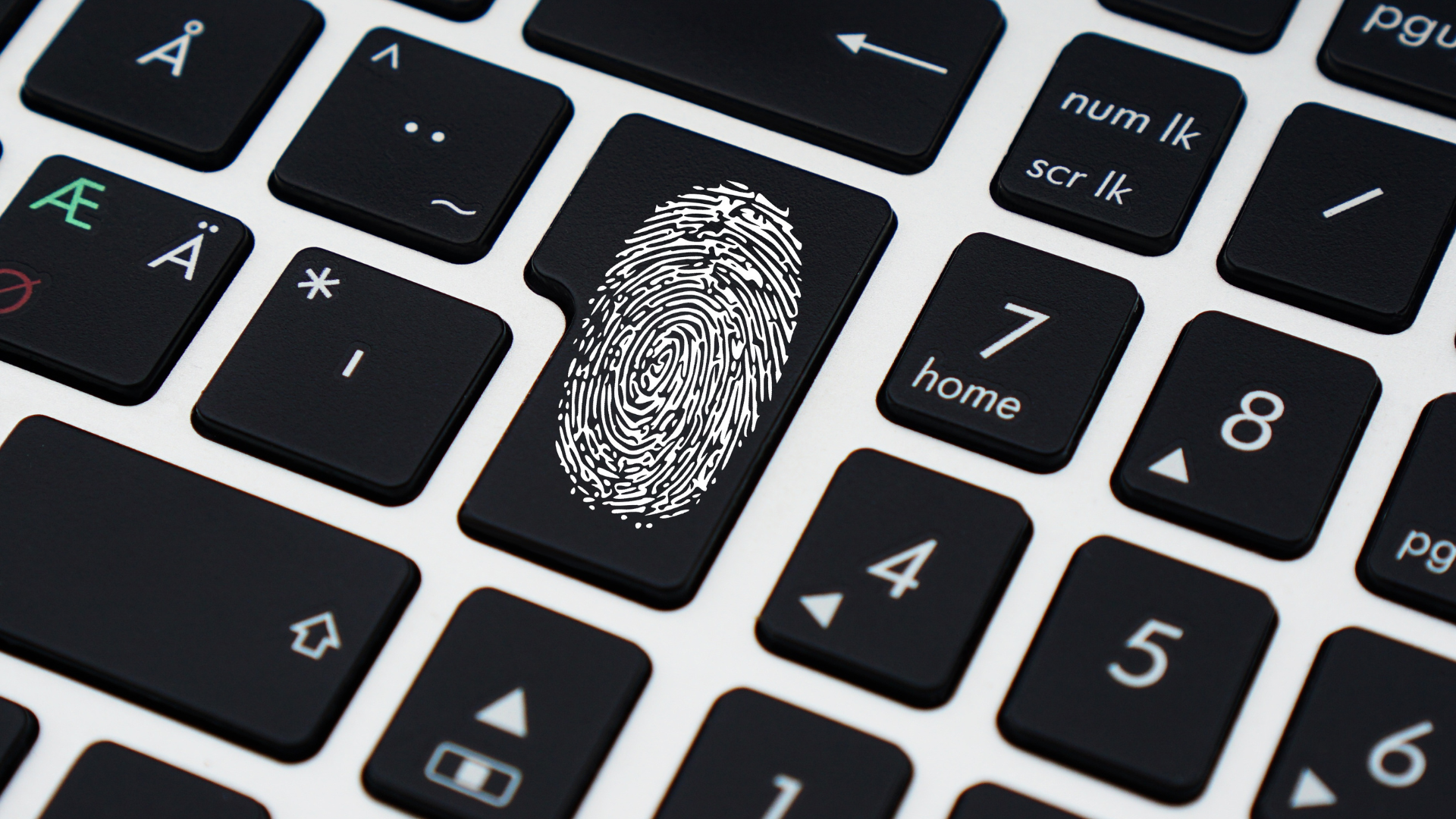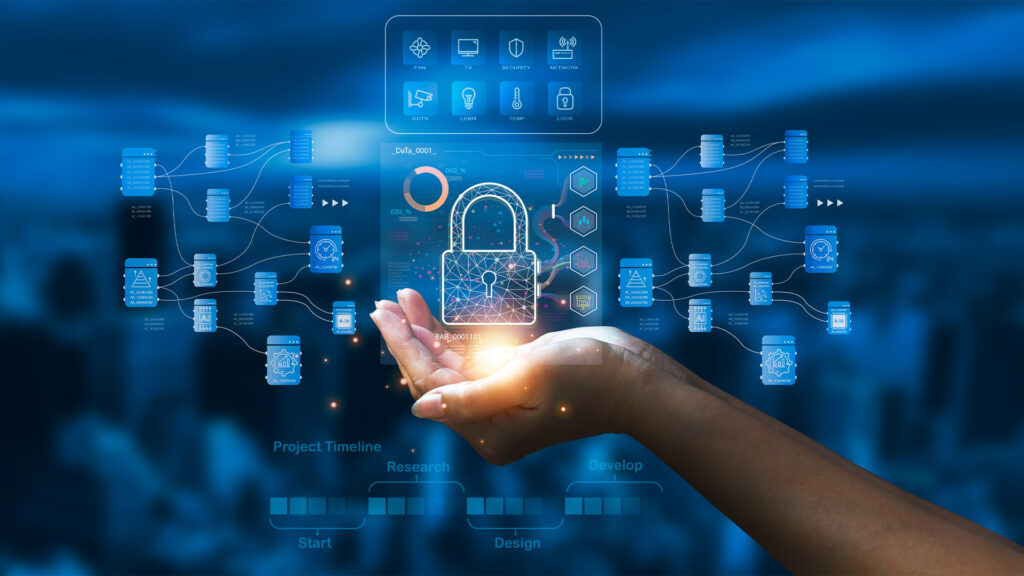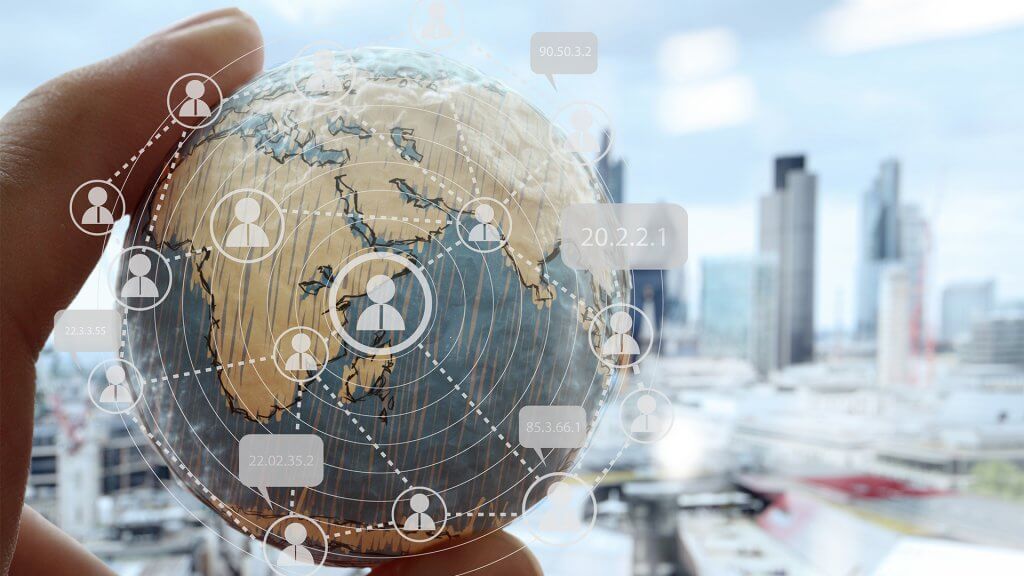The use of artificial intelligence (AI) in cybersecurity presents a range of ethical and moral conundrums. While AI-powered solutions help to prevent and mitigate cyber-attacks and data breaches, they also come with important ethical considerations.
Business leaders and cybersecurity professionals find themselves at the forefront of this debate, looking to strike the right balance between IT security, privacy, and fairness. Here, AI consulting experts ramsac explore this crucial trade-off between privacy and AI innovation.
Privacy vs Cybersecurity
A fine line exists between privacy and security when it comes to AI-driven cybersecurity. While AI tools offer a multitude of benefits from boosting productivity to processing vast datasets, they also create user privacy concerns.
Take the example of an AI-powered detection system that tracks employee activity. While it can identify suspicious behaviour, it also carries the risk of excessive monitoring when a user’s online habits are being constantly scrutinised. This makes balancing privacy with security a significant challenge; systems must learn how to filter personal, non-work-related data without impairing the ability to identify and react to cyber threats.
Accountability vs Mistakes
AI has the capability to make autonomous decisions in cybersecurity, whether it’s quarantining corrupt files or blocking suspect IP addresses. But what happens when it gets it wrong, and who is accountable for these mistakes? The cybersecurity experts behind the AI system, or the organisation who integrated it into their cyber defence strategy?
Who is held responsible when an AI-powered firewall blocks a vital network service, causing major disruption to operations and expensive downtime? This throws up a major ethical dilemma and involves comparing the actions of the AI system with human interventions to determine accountability.
Fairness vs Bias
Some AI algorithms may contain biases inherited from the data and information they are trained on. This presents another ethical challenge around bias, fairness and discrimination that could lead to unfair outcomes.
Biased AI cybersecurity could potentially end up unfairly targeting or profiling certain groups of people. For example, an AI-powered malware detection solution may flag software used by a specific demographic, raising ethical concerns around potential discrimination based on information that has little to do with genuine security alerts. Not only that, but it could also lead to unfair and unjust actions and consequences.
Analysis vs Transparency
By their very nature, certain AI models and deep learning algorithms operate within a ‘black box’ environment. In such an environment, the internal workings are hidden or unknown. This can hinder any analysis and transparency process, presenting a tricky ethical cybersecurity predicament for businesses and users alike.
When AI decision-making processes and logic are concealed or justified by proprietary intellectual property, it makes it difficult to explain their actions and responses, particularly when results deliver unexpected or incorrect outcomes. In cybersecurity, this can create scepticism and doubt as security professionals struggle to determine why AI identified certain activities as potential threats. Without a clear understanding of AI’s reasoning, it becomes difficult to justify these actions to stakeholders.
AI Growth vs Economic Impact
From streamlining processes to reducing human error, boosting production to greater cost efficiencies, most industries are leveraging the benefits of AI. But with mass AI-driven automation of routine tasks, there’s a real danger of job losses and displacement, even within the cybersecurity sector itself.
If AI replaces humans in the workplace, it raises ethical concerns beyond cybersecurity, affecting the economy and workforce. Businesses must address job losses, retraining, and support for displaced employees as AI systems take over once human-led roles.
How to Balance Innovative AI and Privacy in Cybersecurity
Cybersecurity experts must constantly navigate a complex digital landscape while balancing cyber threats with AI evolution. The following selection of best practices are designed to help businesses employ AI cybersecurity in the workplace while upholding the highest ethical standards and integrity.
Clear communication: Open and honest communication is essential for building trust within a business and ensuring stakeholders and employees understand the role of AI in the workplace along with its capabilities and drawbacks.
Bias focus: Highlight biases within AI algorithms and find solutions such as conducting regular audits of training data and improving models to minimise bias.
Accountability guidelines: Collaborating with compliance and legal teams to adopt a strong accountability framework to establish responsibility for AI-driven actions and decisions.
Team learning and ethics training: Ensure staff receive effective AI training, including the latest developments in AI ethics to remain up-to-date with workplace best practices.
Safe data handling: Introduce robust data handling and cybersecurity protocols. This involves gathering only essential data, anonymising sensitive information, using encryption, introducing strict access controls and more.
In-depth audits: Detect and evaluate emerging ethical issues with regular audits and assessments. This helps assess the performance of cyber defences and highlights areas that need improving to uphold ethical standards.
From transparency and accountability to privacy and biases, organisations encounter a myriad of ethical concerns that cybersecurity experts tackle each day. That’s why businesses must find a practical balance between leveraging AI capabilities in cybersecurity and maintaining ethical security practices in the workplace.



























